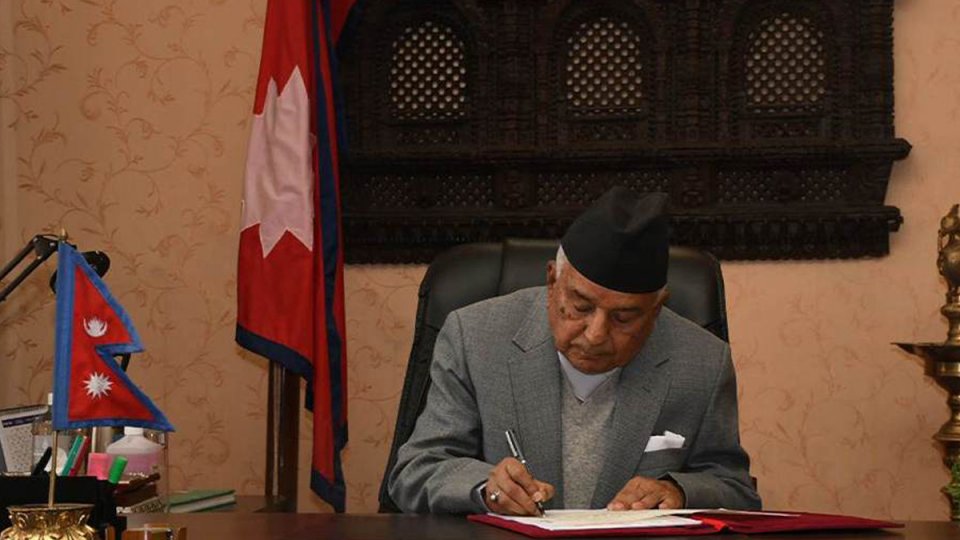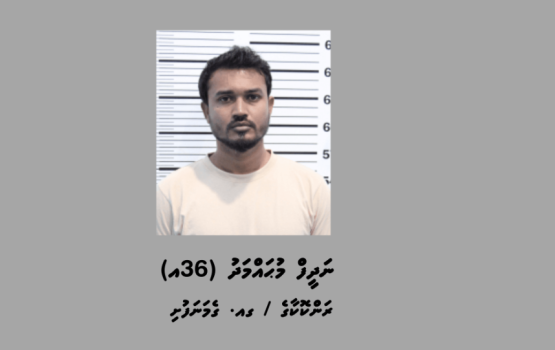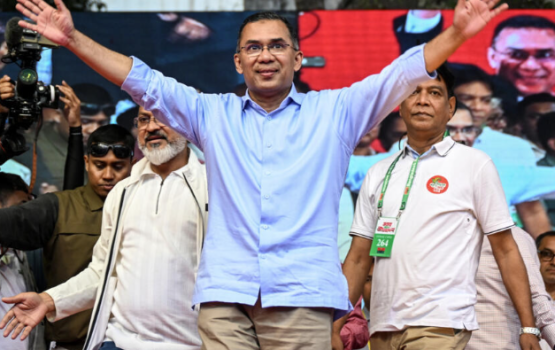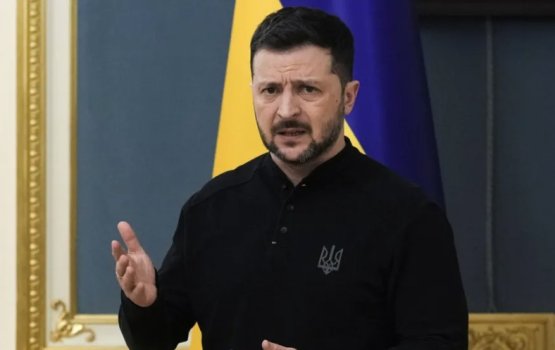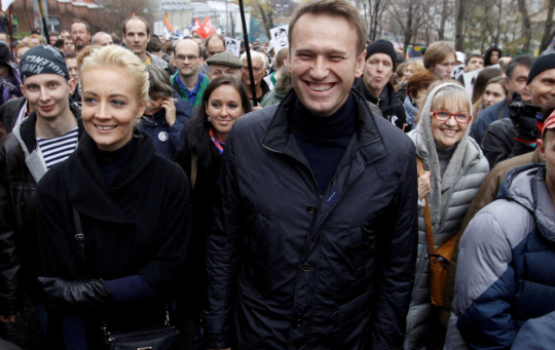Ram Chandra Paudel, a veteran leader of the Nepali Congress party, has been elected as Nepal's new president. Paudel easily defeated his opponent, Subash Chandra Nembang of the Communist Party of Nepal - Unified Marxist Leninist (CPN-UML), who received only 15, 518 votes.
It is the third presidential election in Nepal's Himalayan country since it became a republic in 2008.
Nepal's president is chosen by an Electoral College comprised of two houses of the federal parliament and seven provincial legislators. According to Mr. Shaligram, the Election Commission's spokesperson, the total number of voters for the election of the President is 882, which includes 332 members of the Parliament and 550 members of the Provincial Assemblies of the seven provinces. Poudel, the joint candidate of an eight-party alliance that included the Nepali Congress and the CPN (Maoist Center), was proclaimed successful after receiving the votes of 214 legislators in parliament and 352 provincial assembly members.
This election was preceded by political turmoil in Nepal, resulting in a significant shift in coalitions in the current government of Pushpa Kumar Dahal Prachanda. Nepalese parliamentary elections in November 2022 resulted in a hung parliament. With 89 seats, the Nepali Congress, led by former Prime Minister Sher Bahadur Deuba, was the largest party.
Prachanda's Communist Party of Nepal (Maoist Centre), or CPN-MC, gained 38 seats in the elections, while K P Sharma Oli's Communist Party of Nepal-Unified Marxist Leninist (CPN- UML) won 78.
Due to failed negotiations between Deuba and Prachanda, Prachanda and Oli opted to establish the government on a rotating basis, with Prachanda leading the first term.
It is worth noting that, despite their proximity to China, Prachanda and Oli were not on speaking terms. They have been bitter enemies for so long that Oli, as Prime Minister, claimed that Prachanda, backed by India, deposed him in his previous term. The two competitors joined together not because of philosophy, but because of a mutual power-sharing pact and opportunism.
The fragile cooperation was unexpectedly ended as Prachanda opted to oppose the nominee of its alliance partner CPN-UML and declared open support for Paudel rather than Nembang. With the resignation of three ministers, the Rashtriya Prajatantra Party withdrew its support from the administration.
The election of Ram Chandra Paudel as Nepal's new president provides new hope for India-Nepal ties. Paudel is regarded as a more moderate leader with stronger relations to India. Importantly, he is a member of the Nepali Congress party, with which India enjoys relatively stronger relations, particularly under former Prime Minister Sher Bahadur Deuba.
Notably, on Buddha Purnima last year, Indian Prime Minister Narendra Modi paid a visit to Lumbini, the birthplace of Gautama Buddha.

